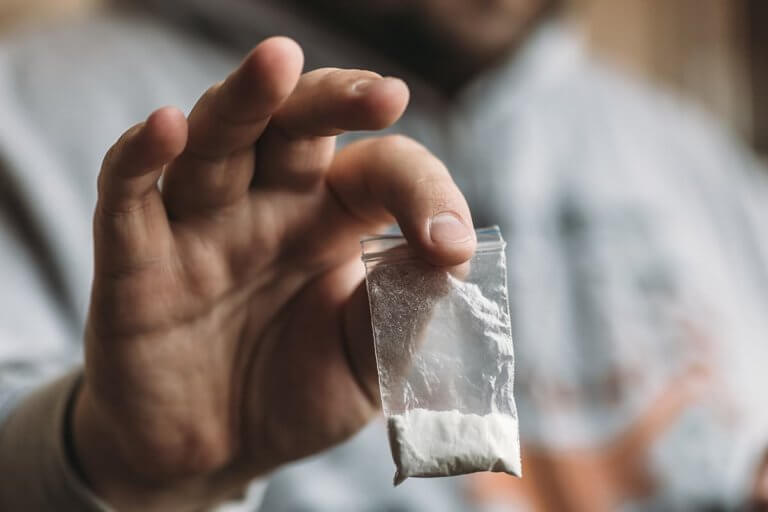Cocaine addiction is something people around the world struggle with. It has the power to damage a person’s physical and mental health. Another scary problem cocaine users face is the risk of developing cocaine overdose symptoms. However, our cocaine addiction treatment center in Portland, Maine helps people fight their addictions and take steps toward resuming a drug-free life.
Signs of Cocaine Addiction
Physical signs of cocaine addiction include:
- Nosebleeds
- Runny nose
- Loss of appetite
- Weight loss
- Mood swings
People who are addicted to cocaine generally think about it constantly. This is because the body has developed a dependence on the drug. When you stop taking it, you may feel fidgety, anxious or physically ill. When you have abused the drug extensively over time, you may feel the need to take more in order to get the same high. Increasing your dosage puts you at greater risk of experiencing cocaine overdose symptoms, especially if you’re taking more than one drug at the same time.
Addiction to cocaine can also impact your behavior. For instance, you may behave more aggressively when you are high. You might also engage in risky behaviors. For instance, you might feel a false sense of confidence and do things you would not normally do, such as confront a person or get into a fight.
Cocaine abuse also tends to impact the abusers’ social relationships. They may distance themselves from family and friends. Rather than socialize, the drug abuser spends a lot of time alone while using the drug. In many cases, an addict will suffer financial strife as a result of spending money on the drug. He or she may borrow money for drugs or even steal to get more cocaine. The good news is that Portland’s intensive outpatient programs help addicts get the assistance they need in time to ward off potential cocaine overdose symptoms.
Cocaine Overdose Symptoms
A cocaine overdose is a serious medical emergency. Some common symptoms of cocaine overdose are a rapid heartbeat, difficulty breathing, and chest pain. Nausea and vomiting are common, too. The person overdosing may feel anxious and paranoid. Tremors and elevated blood pressure are other signs of overdose. Delusions and hallucinations are also common.
If you or someone you know has symptoms of a cocaine overdose, seek medical attention immediately. Timing is critical. Getting an overdosed person to a hospital or doctor could save his or her life.
People who overdose may suffer a seizure, heart attack, or stroke, all of which can be deadly. If the patient survives, he or she may need extensive medical treatment for long-term health problems such as paralysis or heart damage.
Long-Lasting Cocaine Overdose Effects
Others who overdose might show long-term effects, depending on their method of use. For instance, someone who snorts cocaine may damage their nose and have difficulty swallowing. Those who overdose intravenously could do long-term damage to a vein. Intravenous users could also contract blood-borne diseases like hepatitis or HIV. Smoking crack cocaine can cause long-term damage to an addict’s lungs. Reach out for help before experiencing long-term cocaine overdose symptoms.
Detoxing Is Hard to Do Alone
Most cocaine users know when they are addicted. They may have tried unsuccessfully to quit the drug, especially if it’s extremely addictive crack cocaine. It is incredibly difficult to detox on your own. For this reason, many people seek help from a professional inpatient drug detox center in Maine.
Programs like ours at Liberty Bay Recovery have trained experts with experience helping addicted people. We offer extensive inpatient and outpatient programs. Our Maine addiction therapy services are also centered on changing addictive behaviors at our addiction treatment center in Portland, Maine. Our patients can participate in a variety of different therapies, including a 12-step program, yoga, and family therapy.
If you or someone you know is addicted to cocaine, contact Liberty Bay Recovery Center. Don’t let cocaine addiction mess up your life. You can receive treatment at our rehab center and start your journey toward recovery. Contact us today at (855) 607-8758.






